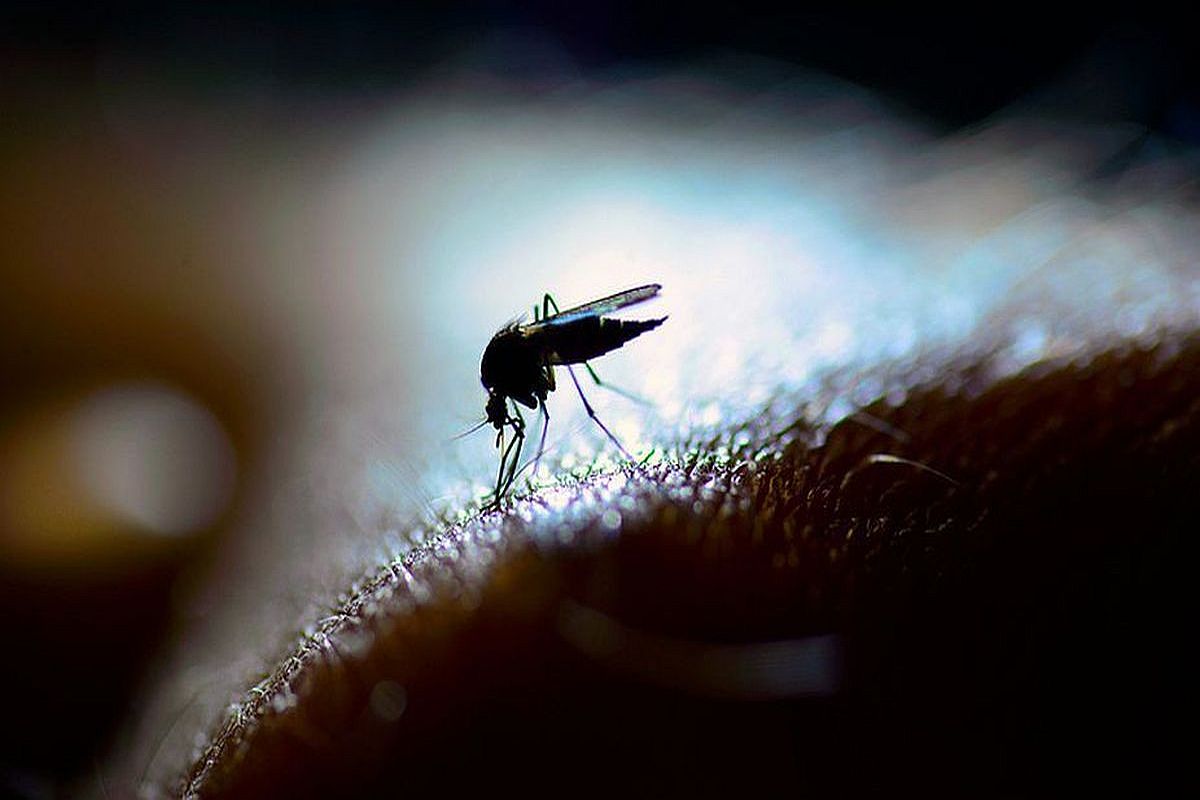Bhubaneswar completes 25 lakh vaccinations
As many as 14,00,349 beneficiaries have been given the first dose of the vaccine, while 12,48, 464 have received both shots in the city.
“There has been a sporadic outbreak of dengue in specific pockets of the city. There is immediate cause for alarm as the health department is maintaining strict surveillance on the situation”, Niranjan Mishra, director of Public Health.

(representational image)
Deadly dengue fever threatens to assume alarming proportions in parts of Bhubaneswar Municipal Corporation with over 60 persons diagnosed dengue positive cases since the past one week.
While the health authorities allayed fears of dengue assuming epidemic proportions, it is being widely believed that a large number of positive cases are yet to come under surveillance with the infected persons reported to be undergoing treatment in private healthcare centres.
With the positive cases diagnosed in private hospitals yet to be officially counted, the infection count at 60 is believed to be much on a lower side.
Advertisement
If the officials are to be believed, only sixty dengue positive cases has so far been detected at the slum clusters in Niladri Vihar, Sailashree Vihar, Chandrasekharpur, Kalpana areas. However the actual number of positive cases may be ten-fold than what the health authorities are officially stating.
“At least six members of two families living in government quarters were down with high fever. They got tested for Covid and the diagnosis report came out negative. Later they got admitted in a private hospital where they tested dengue positive. These infected people do not figure in the list of dengue-infected counts of the city as the health surveillance is confined to slum areas only”, said residents of Kalpana area in the city.
“There has been a sporadic outbreak of dengue in specific pockets of the city. There is immediate cause for alarm as the health department is maintaining strict surveillance on the situation”, Niranjan Mishra, director of public health
The samples of suspected cases of dengue are being collected on a daily basis for the serological tests for diagnosis of dengue virus. Preventive measures have been stepped up to contain the disease from further spreading its wing.
Things are under control with BMC initiating measures to clean the surroundings and maintain hygiene in the villages. Besides, fogging in affected areas has been intensified. The households are being provided medicated mosquito nets.
Female mosquitoes mainly of the species Aedes aegypti transmit dengue virus and it breeds in stagnant water. The areas where the positive cases were reported were replete with stagnant water sources. Fogging operation is going on to wipe out mosquito breeding sources in the affected areas. Through a public announcement system and door-to-door campaign, BMC has begun creating awareness asking the people to keep the surroundings clean free from stagnant water sources.
Hostile weather conditions have been attributed to the sudden rise of dengue cases. Frequent low pressure induced rainfall was the principal reason behind sudden spurt in Dengue cases. It had led to the accumulation of the stagnant water, said officials.
Advertisement